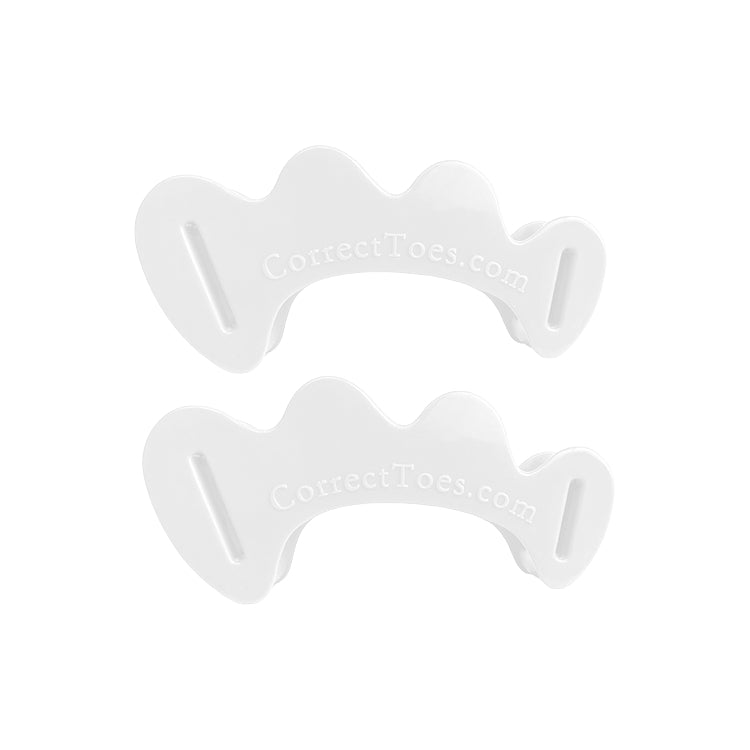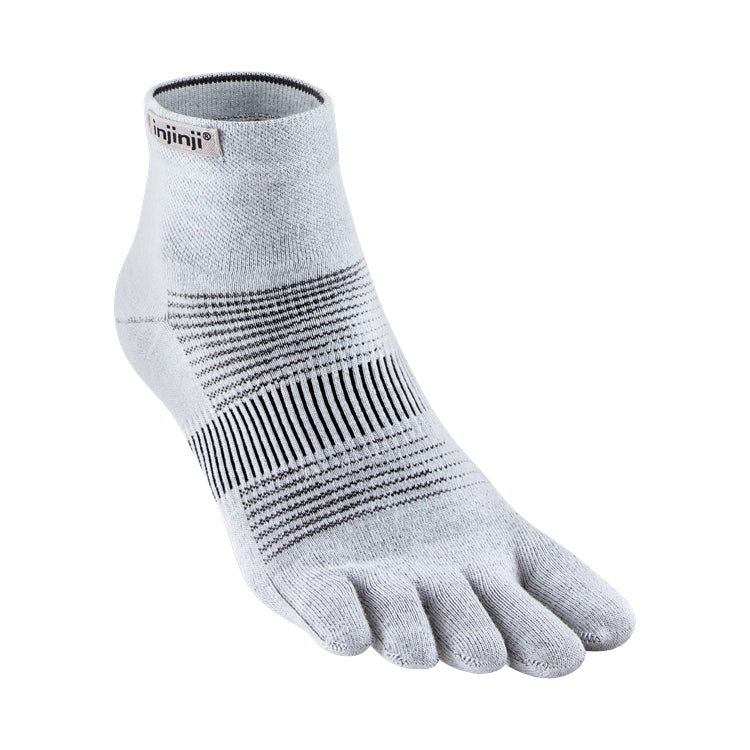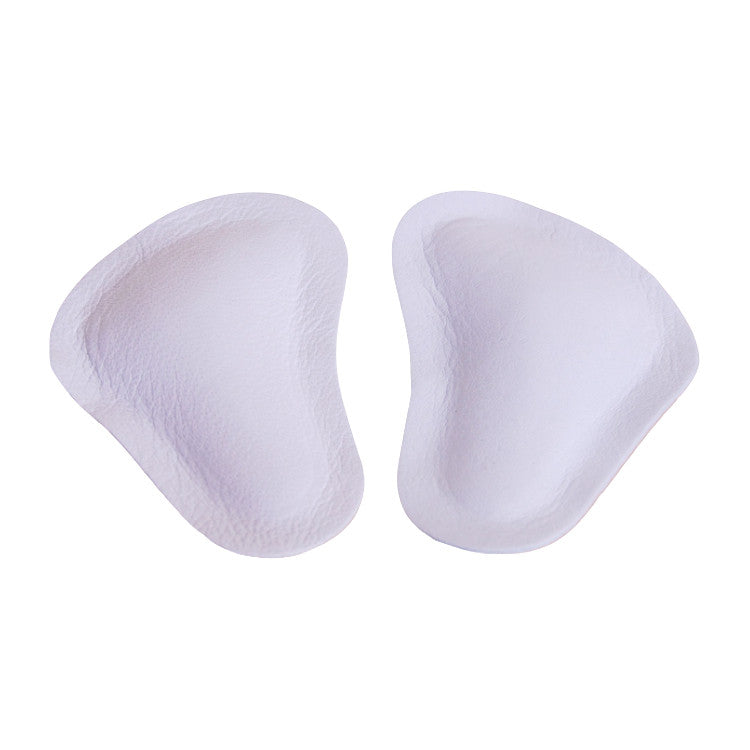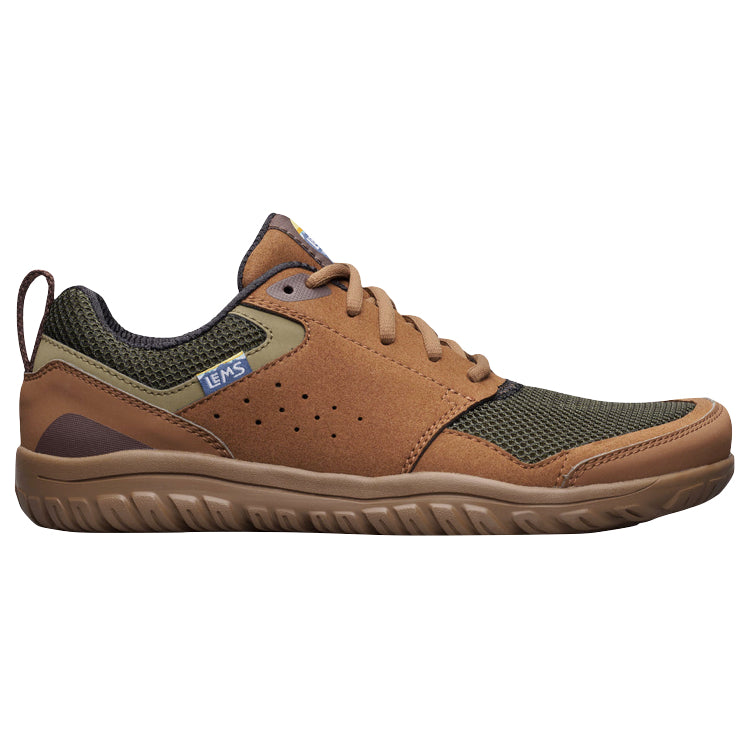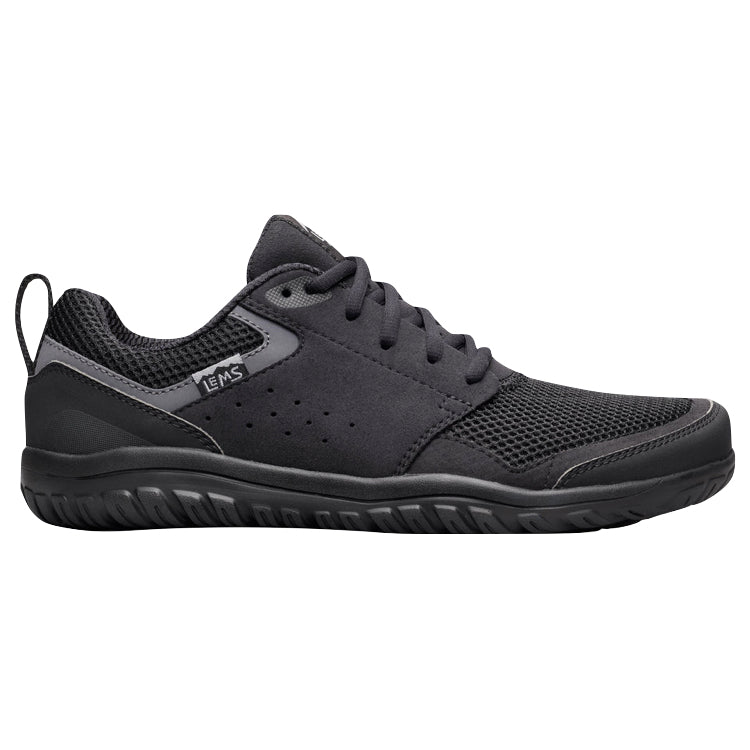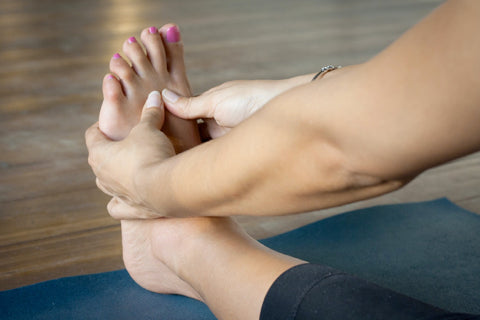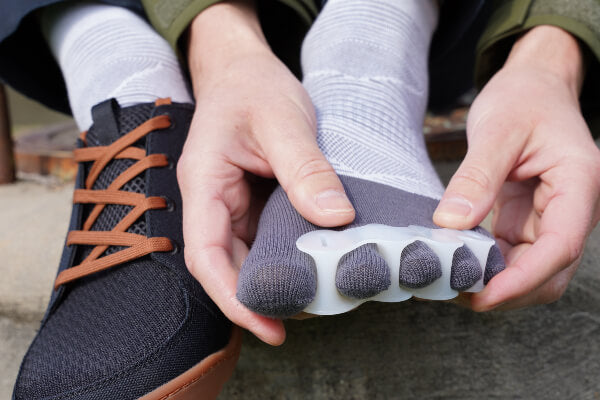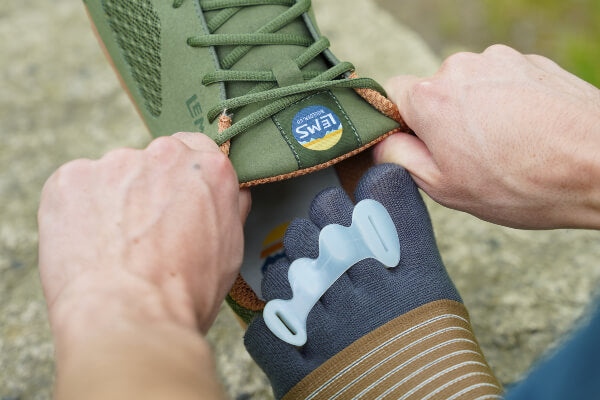
A knowledgeable and competent foot care professional is an important ally to have in achieving optimal foot health, and establishing a relationship with such a person can be very helpful in meeting your immediate and long-term foot health goals. Of course, not all foot care providers practice in the same manner, and it’s important to find a practitioner whose style and approach makes sense to you. Interviewing a prospective foot care provider is vital in determining the degree of compatibility between you and your practitioner and the arc of your care.
Indeed, it’s important to ask questions of any prospective foot care practitioner you might see before your visit so that you can better understand that provider's treatment and philosophical approach and how your situation is likely to be addressed. Asking questions prior to a visit also allows you to be the most informed consumer possible, and it allows you to have a high degree of certainty that the care you receive will be foot-health-positive. The goal is to find a naturally-minded foot care professional who can assist you with your current problem(s) using noninvasive means (as much as possible) and help you along the path toward optimal foot health.
Some might assume that a podiatrist would be best positioned and equipped to tend to common foot care needs, but this is often not the case. In fact—and unfortunately—most podiatrists diagnose a majority of patients as having a “biomechanical abnormality” (typically overpronation), with the resulting prescription of custom orthotics. Unless you have a true biomechanical abnormality,* and unless you have a very advanced foot condition that only surgery can correct, you might consider looking elsewhere for your foot care, such as to a physical therapist, chiropractor, naturopathic physician, or even a knowledgeable massage therapist or movement coach.
Practically speaking, it’s unlikely, in many cases, that you’ll be able to communicate with and ask questions of a foot care provider themselves prior to your visit, but a receptionist or clinic manager should be able to address many of your questions over the phone. Speaking directly to the physician or practitioner prior to establishing an appointment is preferred (if possible), but you should be able to at least get some sense of how the clinic operates through the responses of the receptionist or clinic manager to the various questions below.
So, what questions should you be asking a prospective foot care provider in order to receive the most holistic, comprehensive, and noninvasive care possible? We believe the following seven questions are the most important ones you can ask:
- Will you offer me care that examines the root causes of my discomfort or injury, in addition to treatment?
- Will you educate me on how to prevent the development of foot problems?
- Do you understand the anatomy of natural feet and how most footwear actively deforms feet?
- What kind of footwear do you prescribe to your patients?
- Will you teach me how to strengthen my feet?
- Do you have any experience offering natural, holistic, complementary, functional, or alternative foot care?
- What is your perspective on being barefoot? Is it good for you or harmful?
Apart from these core queries, some other possible questions you might consider asking, to round out your understanding of a given provider’s practice style and treatment approach, are the following:
Answers to these questions should give you a good idea of what to expect from the practitioner or clinic in question, and you can use the info you glean to make an informed decision about your care. The more answers that align with natural foot care approaches and principles, the greater the likelihood that the practitioner in question may offer you the kind of care that addresses the fundamental underlying cause of your particular foot problem(s).
*Some people are born with boney or joint abnormalities (rare) that prevent them from having normal gait without some type of assistance. One example of this is a problem called “uncompensated forefoot valgus.” In this care, the lateral forefoot sits higher than the medial forefoot, so when the person goes up on his or her toes, his or her foot goes into extreme supination, which can overload the peroneal tendons and cause tears. Uncompensated forefoot valgus is one rare instance where an orthotic device can actually be helpful in addressing an underlying foot problem.
Special thanks to Dr. Ray McClanahan, a sports podiatrist at Northwest Foot and Ankle and the inventor of Correct Toes, for his informed and insightful contributions to this article. The core queries listed above represent questions that Dr. Ray himself would counsel prospective patients to ask before seeing a foot care provider.

WANT TO IMPROVE YOUR FOOT HEALTH?
Let the team at Natural Footgear help you! Subscribe to our newsletter for the latest offers and helpful info, and sign up for our FREE email courses on various topics and foot health conditions.
Sign Up →
Want to Improve Your Foot Health?
We are here to help you every step of the way. Get our newsletter for the latest offers and helpful info, and sign up for our FREE email courses on various topics and conditions, including bunions, hammertoes, neuromas, plantar fasciosis, shin splints, ingrown toenails, and more.
Sign Up →
 The intrinsic foot muscles (aka plantar arch muscles) are a group of muscles that originate at the heel bone and attach to the toes. Operating in conjunction with the toe bones to provide a basis of strength, flexibility, and balance, these muscles are integral for optimal foot health. So what exercises can you do to strengthen them? And what can that do for your overall health? The first step in...
Read more
The intrinsic foot muscles (aka plantar arch muscles) are a group of muscles that originate at the heel bone and attach to the toes. Operating in conjunction with the toe bones to provide a basis of strength, flexibility, and balance, these muscles are integral for optimal foot health. So what exercises can you do to strengthen them? And what can that do for your overall health? The first step in...
Read more



